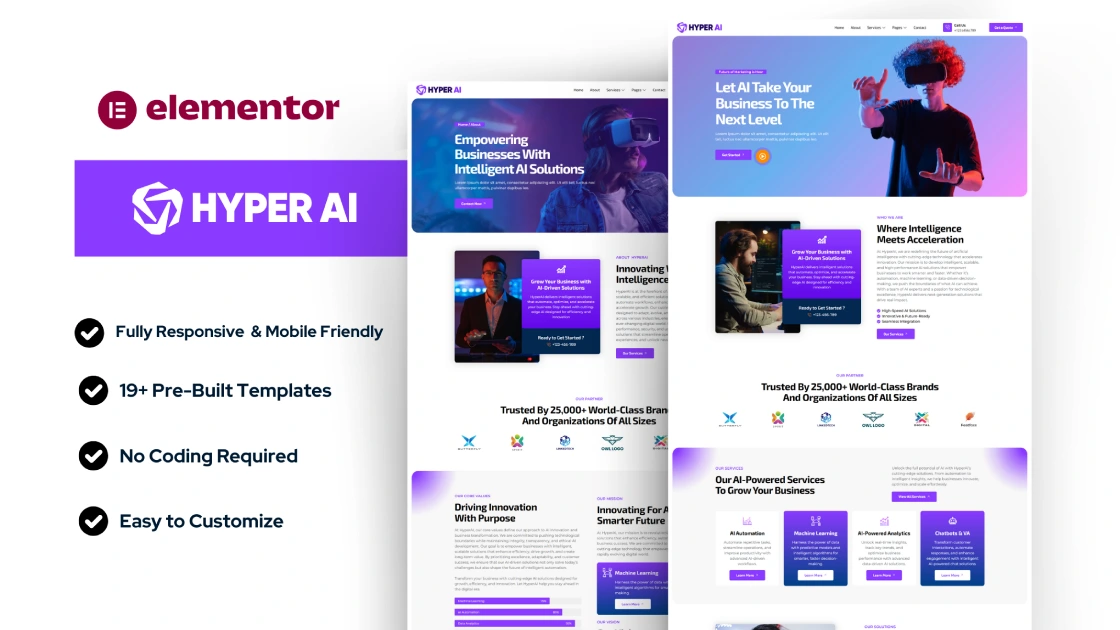In the competitive real estate market, having a well-optimized website is crucial for attracting potential clients and maintaining a strong online presence. Here are practical SEO tips to ensure your real estate website ranks highly in search engine results in 2024.
Optimize Your Real Estate Website for SEO in 2024
1. Keyword Research and Optimization
Start with comprehensive keyword research. Use tools like Google Keyword Planner, SEMrush, or Ahrefs to identify relevant keywords with high search volume and low competition. Focus on long-tail keywords specific to your market, such as “luxury condos in Miami” or “affordable homes in Austin.”
Tips:
- Incorporate keywords naturally into your content, including titles, headers, meta descriptions, and image alt texts.
- Create location-specific pages to target local keywords effectively.
2. High-Quality Content
Content is king in SEO. Regularly update your blog with informative and engaging content relevant to real estate. This could include market trends, buying guides, neighborhood reviews, and property investment tips.
Tips:
- Use a mix of articles, infographics, and videos to cater to different audience preferences.
- Ensure your content is well-researched, original, and provides value to your readers.
3. Mobile Optimization
With the majority of users accessing websites via mobile devices, a mobile-friendly design is crucial. Google prioritizes mobile-first indexing, so ensure your site is responsive and provides a seamless experience across all devices.
Tips:
- Use responsive web design principles.
- Optimize images and reduce loading times to enhance mobile performance.
4. Local SEO
Local SEO is vital for real estate businesses. Ensure your Google My Business profile is complete and accurate, with up-to-date contact information, hours of operation, and customer reviews.
Tips:
- Include your business address, phone number, and operating hours on your website.
- Use local keywords and create content specific to your service areas.
5. Technical SEO
Technical SEO ensures that search engines can crawl and index your site efficiently. Focus on site speed, secure connections (HTTPS), and a clean URL structure.
Tips:
- Conduct regular site audits using tools like Google Search Console to identify and fix any issues.
- Use XML sitemaps and robots.txt files to guide search engines.
6. User Experience (UX)
A good user experience keeps visitors on your site longer and reduces bounce rates. Ensure easy navigation, clear calls to action, and a visually appealing design.
Tips:
- Use a simple, clean layout with intuitive navigation.
- Provide clear and concise information on property listings, including high-quality images and detailed descriptions.
7. Backlinks and Social Signals
Building backlinks from reputable sources enhances your site’s authority. Engage in guest blogging, create shareable content, and collaborate with local businesses.
Tips:
- Encourage satisfied clients to leave reviews on your Google My Business page and other review sites.
- Share your content on social media platforms to increase visibility and drive traffic.
8. Regular Monitoring and Updates
SEO is an ongoing process. Regularly monitor your website’s performance using tools like Google Analytics and SEMrush, and adjust your strategies based on the data.
Tips:
- Stay updated with the latest SEO trends and algorithm changes.
- Continuously improve your website based on performance metrics and user feedback.
By implementing these practical SEO tips, your real estate website will be well-positioned to attract more visitors, generate leads, and achieve higher rankings on Google in 2024.





1 thought on “How to Optimize Your Real Estate Website for SEO in 2024”
“É claro que gosto do design do seu site imobiliário. Este artigo é muito útil e com certeza voltarei para verificar as atualizações.”